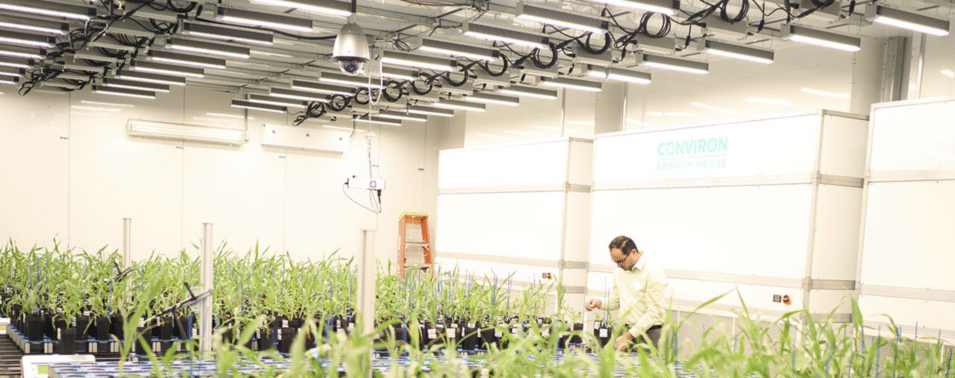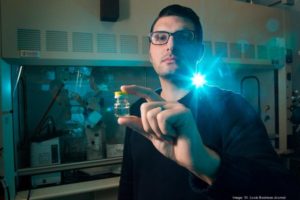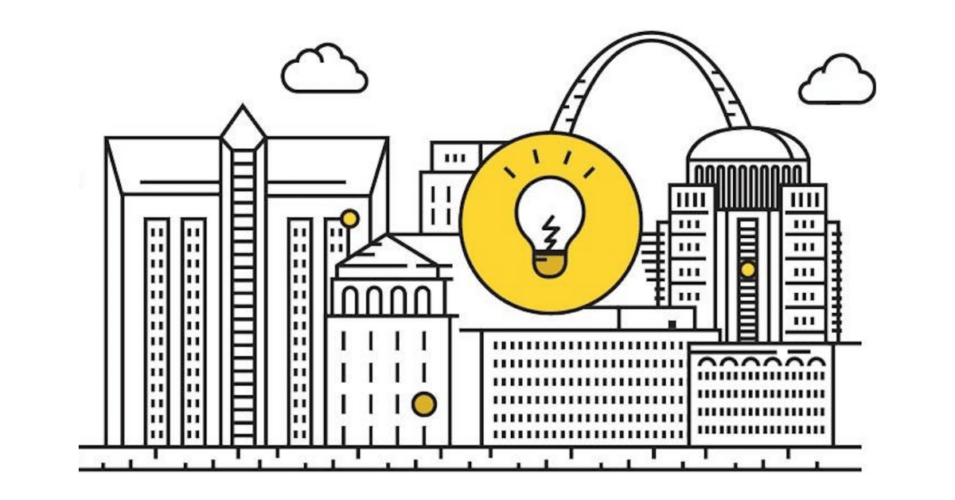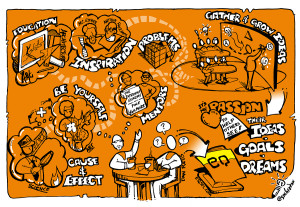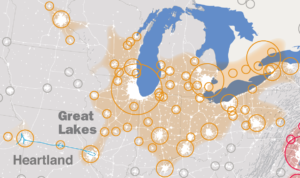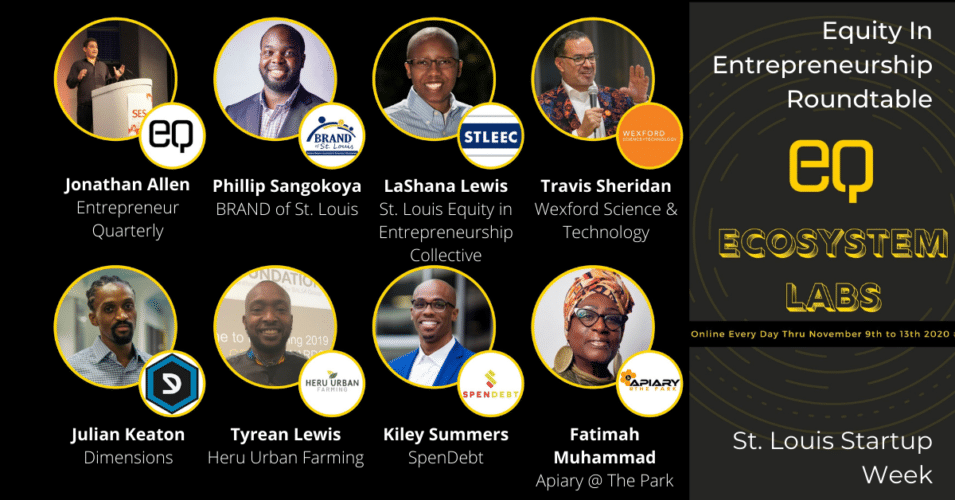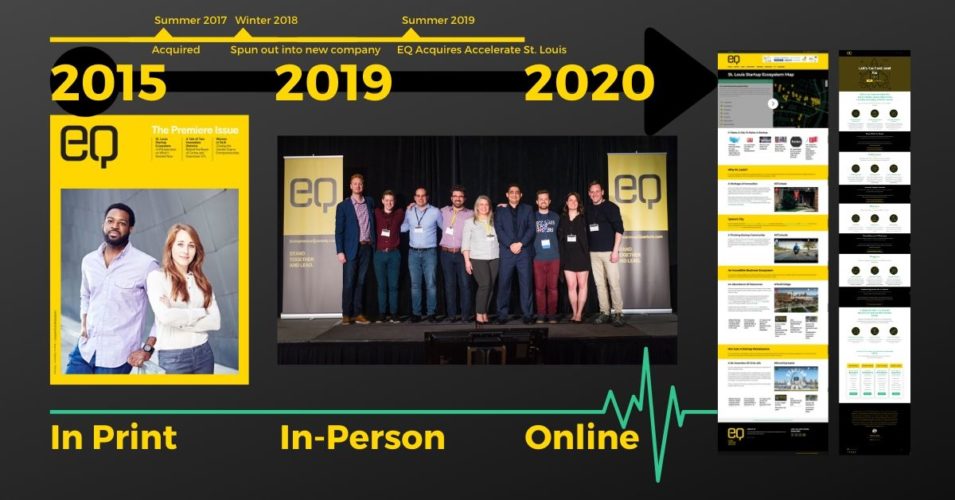
St. Louis Wins National Competition to Address Racial and Gender Equity in Entrepreneurial Startup Community
Twelve St. Louis area nonprofit and governmental organizations are initial members of a collective that will receive $420,000 over two years from the Ewing Marion Kauffman Foundation to help female and historically underrepresented entrepreneurs of color in high-growth sectors.
Twelve St. Louis area nonprofit and governmental organizations are initial members of a collective that will receive $420,000 over two years from the Ewing Marion Kauffman Foundation to help female and historically underrepresented entrepreneurs of color in high-growth sectors.
The twelve organizations, known as the St. Louis Equity in Entrepreneurship Collective, are one of 12 recipients of the Kauffman Inclusion Challenge grant nationwide out of 376 applications.
The Collective will help ensure that St. Louis’ high-tech, high-growth entrepreneurial pathways are open for all to participate and benefit. The Collective membership is expected to broaden and, over the course of the work, members will engage a wide range of partners working to build a robust entrepreneur startup community in St. Louis.
The purpose of the first-time ever Kauffman Inclusion Challenge is to grant funds to Entrepreneur Support Organizations (ESOs) that help female entrepreneurs and entrepreneurs of color achieve higher rates of success. In awarding the Collective a grant, Kauffman signaled that the group has the potential not only to transform the way St. Louis supports underrepresented entrepreneurs, but could also serve as a model for replication in similar regions across the country.
“Entrepreneurship in America should be available to everyone, yet women and minorities continue to face more obstacles to starting businesses when it comes to accessing funding, education, mentors and markets,” said Victor Hwang, vice president of Entrepreneurship at the Kauffman Foundation.
“The Inclusion Challenge grants will enable these outstanding support organizations to expand their services to empower more entrepreneurs and help them succeed. The nation and our economy as a whole will benefit from more entrepreneurs generating income and wealth in traditionally underserved markets.”
St. Louis has been recognized as one of the fastest growing start-up scenes in the nation. Since 2008, BioSTL and other Collective members have been committed to intentional activities that build diversity and inclusion in the entrepreneurship ecosystem.
BioSTL is a nonprofit that focuses on transforming St. Louis’ regional economy by building on local strengths in the medical and plant sciences, and the organization that conceptualized and submitted the grant on behalf of the Collective.
However, women and people of color remain highly underrepresented, with few stories of them successfully navigating the high-tech entrepreneurship ecosystem to grow their business. Members of the Collective will leverage this funding to amplify the impact of individual programming.
By intentionally changing the way they work both individually and together, the Collective aims to build on diversity and inclusion activities and drive towards race and gender equity in entrepreneurship.
“Entrepreneurship is a pathway to prosperity for all communities, but especially for communities of color and women in St. Louis who have been historically disenfranchised or underserved,” said Dr. Cheryl Watkins-Moore, head of the Inclusion Initiative for BioSTL.
“Together, we want to help ensure there is gender and racial equity in the start-up community, which means an entrepreneur’s success cannot be predicted based on their identity.”
The importance of racial equity in policy, program design and resource allocation–as a step beyond diversity and inclusion–became the focus of the Ferguson Commission report after the unrest in Ferguson in August 2014.
The Collective is working to purposefully align its work with the report and organizations working to apply a racial equity lens in other areas of the community. This alignment provides a framework that can be used to advance gender equity and address other identity-based inequities that may exist.
The Kauffman grant will help the Collective gather regional baseline data and build ongoing tracking systems, receive individual anti-bias training for ESOs, complete a needs assessment and pilot new activities. BioSTL will serve as the backbone, organizing infrastructure for the Collective.


